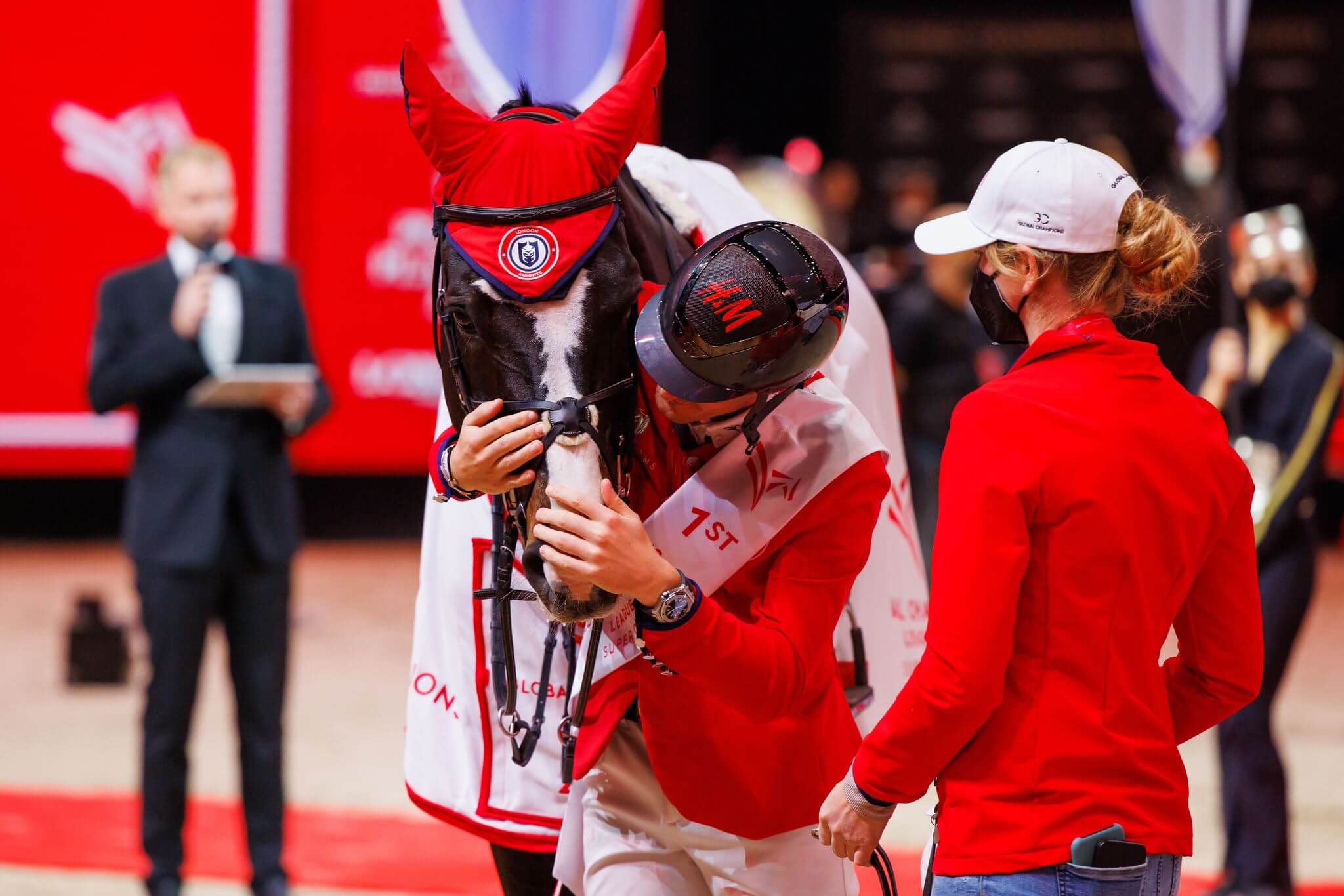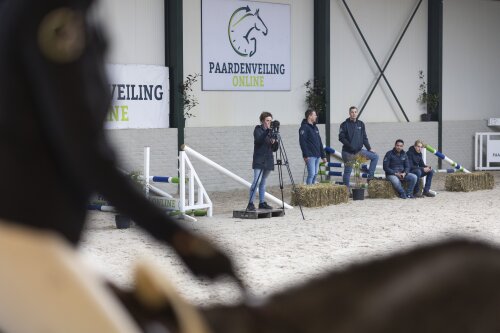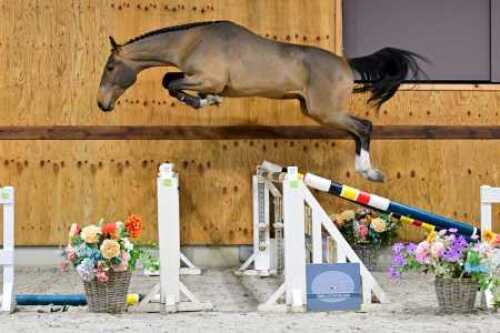Regularly referred to as the “Super Groom”, Jackie Potts is widely renowned to be the authority on the profession of Eventing grooming, with decades of experience and countless championships under her belt as groom of Team GBR stalwart, William Fox-Pitt.
“I suppose from a groom’s view, on a basic level it’s getting to know the horse. We can become quite clinical with horses but developing that horsemanship eye is what it’s all about.” Jackie says about her interpretation of the definition. “I’ll go into the barn at night and if I see that a horse isn’t quite right, I try to work out why. To me, that’s horsemanship - trying to get them to perform at the best of their ability physically and mentally”.
“As a groom, horsemanship should be backed up by science and knowledge. Always wanting to learn is important but I want to accompany that with my intuition - that and your instinct makes you a good horseperson,” she tells me, philosophically.
Horsemanship will, of course, impact the day-to-day life and role of any equestrian professional, but for grooms in particular, it is vital. “First happy horse, then happy groom and happy rider – it’s a triangle,” Jackie says, “It’s not only working with a horse and knowing it, it’s working with the rider as well - giving them insight on the horse’s personality and feelings that day helps them to work them in accordingly. It helps the rider that you know the horses better and helps the horse to perform at it’s best.”
“When running a yard, you’re looking at the welfare of all the horses and I always want to feel like I’ve gotten to the bottom of a horse – their likes, dislikes, how they perform at their best. Does it like a stable at the end, with a window, what suits them?”
Naturally, ‘horsemanship’ is a term that might not only have different connotations for individual professionals, but it can also differ across borders. “I think everyone has an amount of horsemanship in them. It can vary by culture, but in our industry, I feel that grooms aren’t used to their best advantage for sharing knowledge.” Jackie says of the profession on the whole, “it’s not a lack of want or care for some individuals and teams, it’s a lack of experience and a lot of the experience in professional grooming could be shared more between nations to the overall improvement of horse sport and welfare.”
source: EEF



